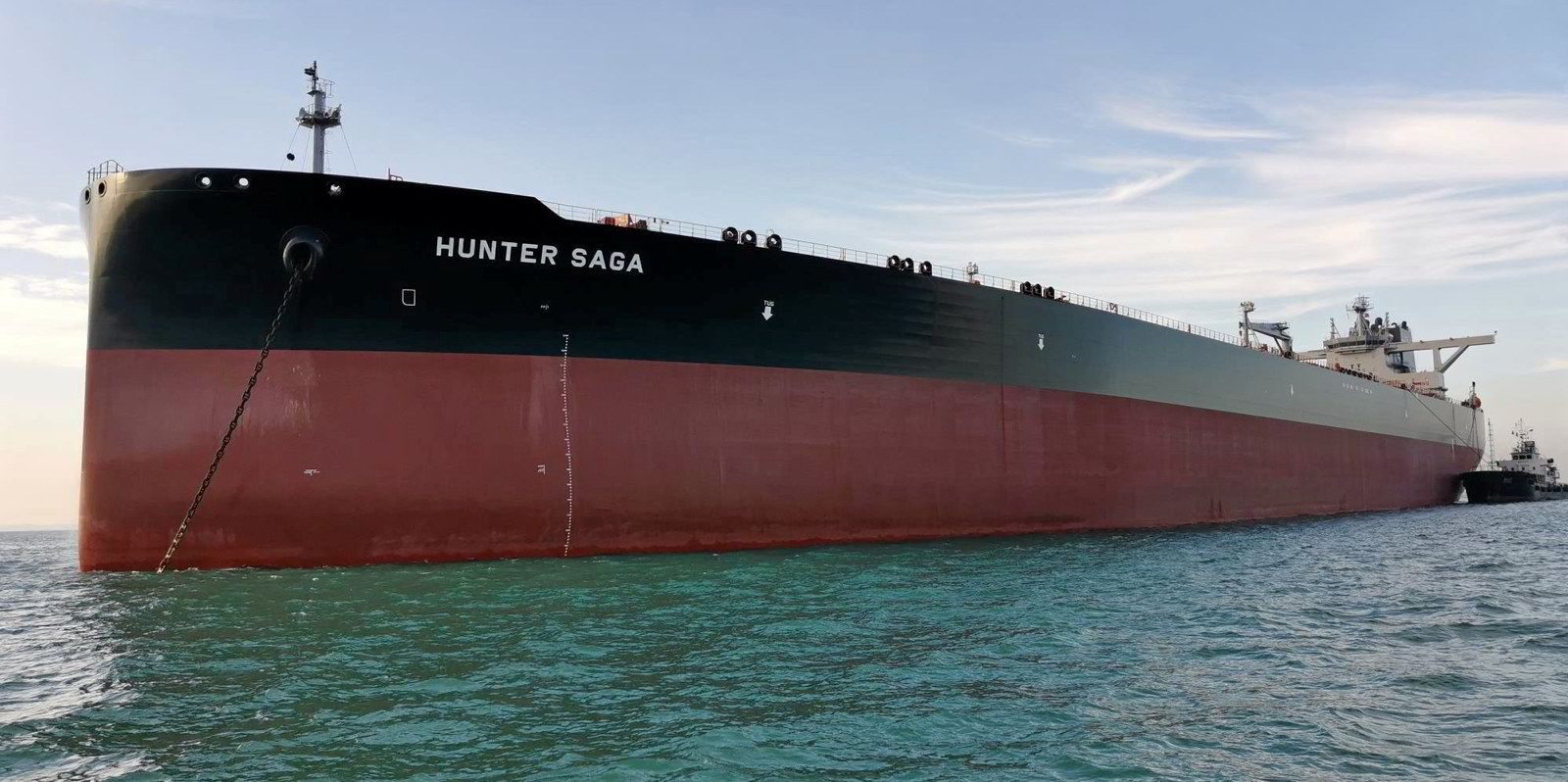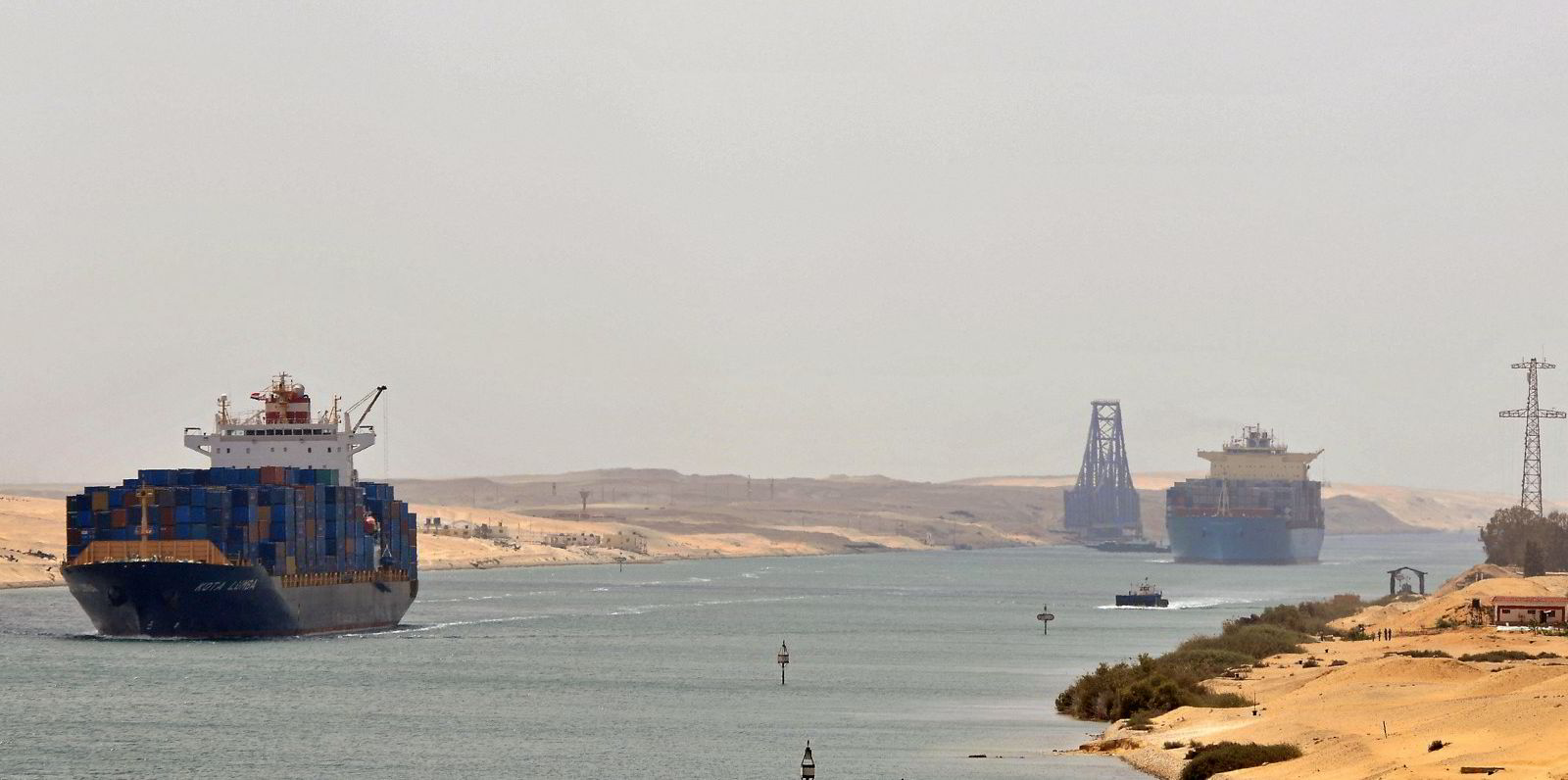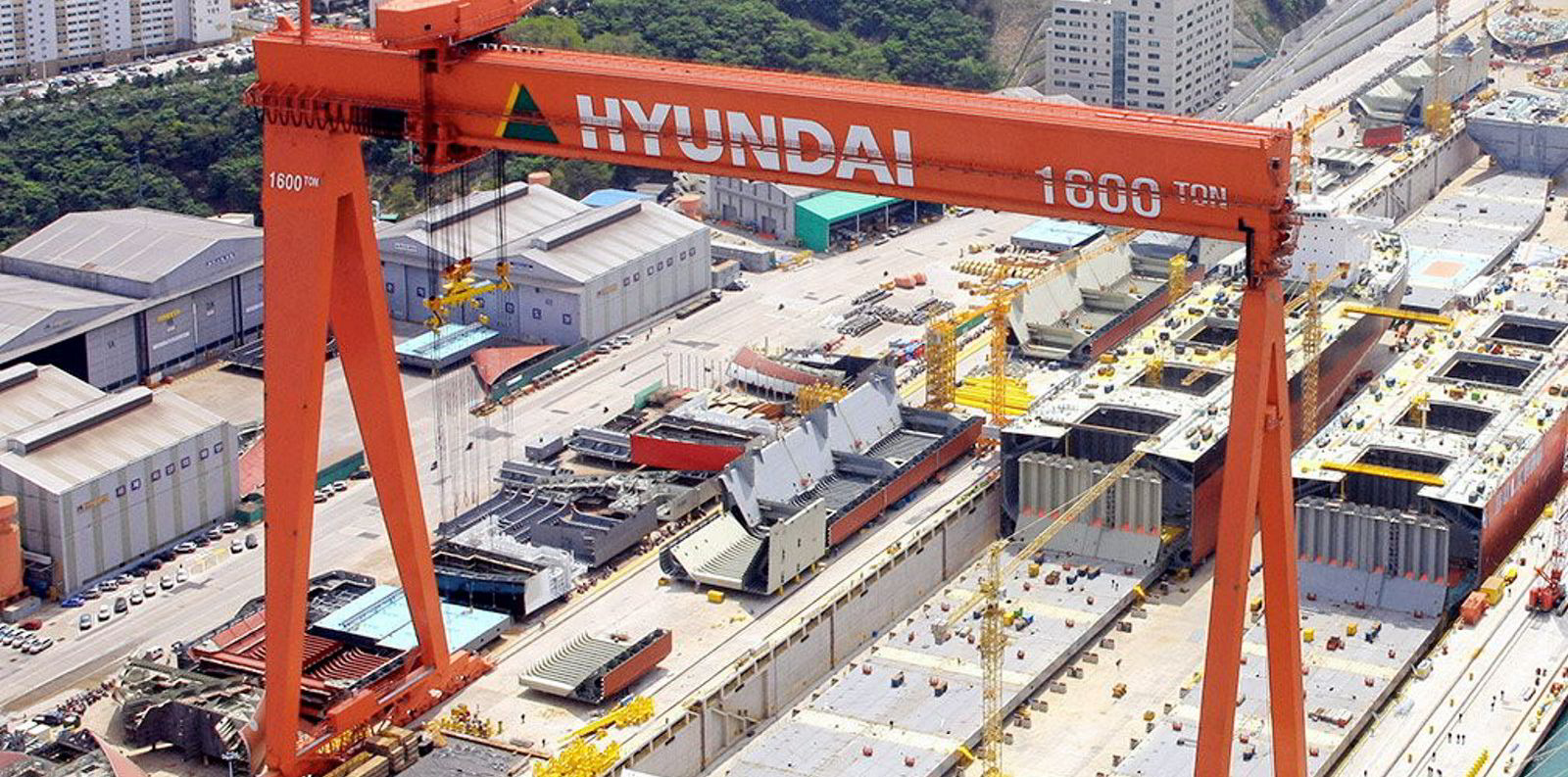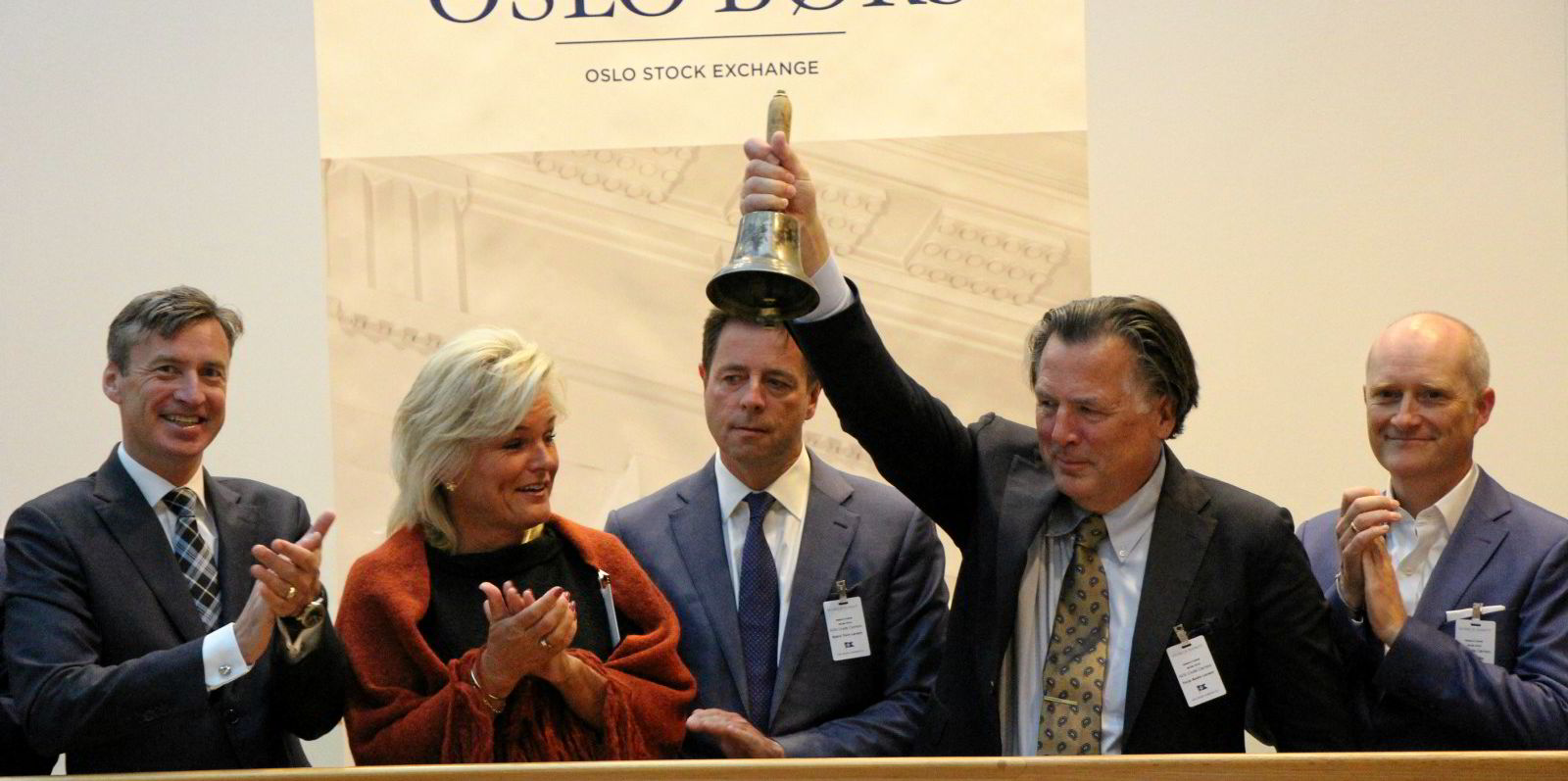VLCC owner Hunter Group fears the second wave of Covid-19 is delaying a recovery in its markets.
The Oslo-listed company said that so far in the fourth quarter, the tanker sector has continued to be dominated by reduced export volumes and high, although declining, global oil inventories.
Hunter added that the amount of stored oil needs to approach its five-year average before a meaningful recovery in the tanker market takes place.
"The second wave of Covid-19 cases and escalating restrictive measures around the world have increased uncertainty around future global oil demand and has likely pushed the inflection point for a tanker market recovery further into 2021," the company warned.
Hunter believes the slower oil demand recovery, plus restored Libyan oil production, may also postpone the planned 2m barrel-per-day reduction in Opec cuts from 1 January, further delaying inventory drawdowns.
But, in common with other players in the sector, the company pointed to the low orderbook and potential scrapping of elderly units as positives for the market.
Cash being pumped into economies
Global stimulus packages of more than $6.7trn may also contribute to an increase in oil demand, which in turn is positive for the tanker market, and the VLCC market in particular, Hunter said.
"Covid-19 is obviously affecting us all, but we know one thing for sure: for every day that goes by, we are one day closer to the end of the pandemic," the company said.
Hunter described the third quarter as an eventful one, as it increased charter cover and sold two of its seven VLCC newbuildings.
The 300,000-dwt, scrubber-fitted Hunter Laga and Hunter Saga (both built 2019) went for a combined $168.4m — or $84.2m each.
The buyer was state-run energy company Abu Dhabi National Oil, TradeWinds has reported.
The transaction is expected to result in a net cash release of around $60m and a combined return on equity for the two vessels of around 40%, Hunter said on Thursday.
"The divestment is in line with our stated strategy since the beginning of the VLCC project, and we intend to distribute all excess cash to the shareholders of the company," the shipowner said.
Profit on the rise
Revenue in the quarter was $35.81m, against zero last year, when it had no ships.
Net profit was $21.69m, versus a loss of $1.58m in 2019.
Average daily earnings were $59,700 per day, with the spot figure at $38,200 per day and time charters at $73,200 per day.
"Management is very comfortable with the state of the company," Hunter said.
Fearnley Securities, which has a sell rating on the stock, said the result was in line with expectations.







